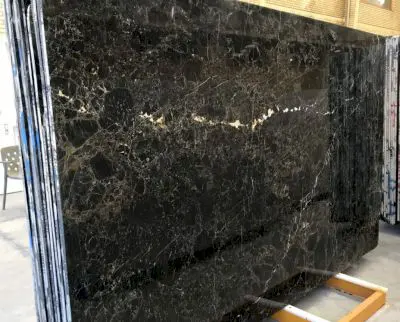This fills all the pores of the stone and in addition to the polished surface stone; they are also resistant to heat, discoloration, and water penetration

West Asian building Stones are known for their durability, allowing them to withstand harsh weather conditions and long-term use. This property is crucial for ensuring the longevity of structures built with these stones. Many Natural stones found in the Middle east possess excellent heat resistance properties. This makes them well-suited for use in hot climates, as they can withstand high temperatures without significant damage. West asian Building stones are valued for their aesthetic qualities. They often exhibit beautiful colors, unique patterns, and variations in texture, adding visual interest and enhancing the overall appearance of buildings and structures.
In outdoor applications, such as paving and walkways, natural stones used in West asia often exhibit good slip resistance. This property ensures safety by providing traction and reducing the risk of slipping, particularly in wet or high-traffic areas. Some types of building stones found in the Middle East possess natural insulation properties. They can help regulate temperature and provide thermal comfort, reducing the need for excessive heating or cooling in buildings.
The stones used for construction are processed in the form of polishes, hounds, bushes, or brushes. In the processing stages, the stones used for buildings are processed; they use epoxy or resin. UV rays are then used to tighten the coating. This fills all the pores of the Stone and in addition to the polished surface stone; they are also resistant to heat, discoloration, and water penetration. These stones are much easier to clean and can be re-polished every few years.
The stone must be in harmony with the part used. For example, a stone that has a high ability to absorb water is not suitable for use in bathrooms, toilets, or any place that deals with moisture. Building stone must be strong. This stone must be resistant to pressure and shocks that may enter it accidentally. The thickness of the stone is very important for use in the building.
Thinner stones are mostly used for floors and walls, but thicker stones are used as counters or bathtubs, or even decorative sculptures. Building stone must be resistant to temperature changes and Chemical penetration. Choosing the right stone for the building is very important. Building stone, depending on where it is used, must be resistant to temperature changes and the penetration of water or chemicals. Some of the natural stones used in construction; are even resistant to acid penetration. Building stones must have a high susceptibility to abrasion and bending caused by traffic over time; they are very resistant.
Building stones should be light. The buildings should not be technically heavier than a certain limit. Therefore, according to the materials and bearing of each structure, the appropriate stone should be used. Some building stones are very heavy and strong and some are light. Of course, this lightness is a reason for less strength than heavier stones.
Building stones in the region are typically strong and can withstand considerable loads and pressure. This property ensures their suitability for use in structural applications such as load-bearing walls and columns. Natural stones used in West Asia are often resistant to weathering and degradation caused by exposure to the elements. This resistance helps maintain the integrity and appearance of the stone over time. Many building stones in the region are relatively easy to work with, allowing for shaping, carving, and detailing according to specific design requirements. This workability facilitates the creation of intricate architectural features and decorative elements.





